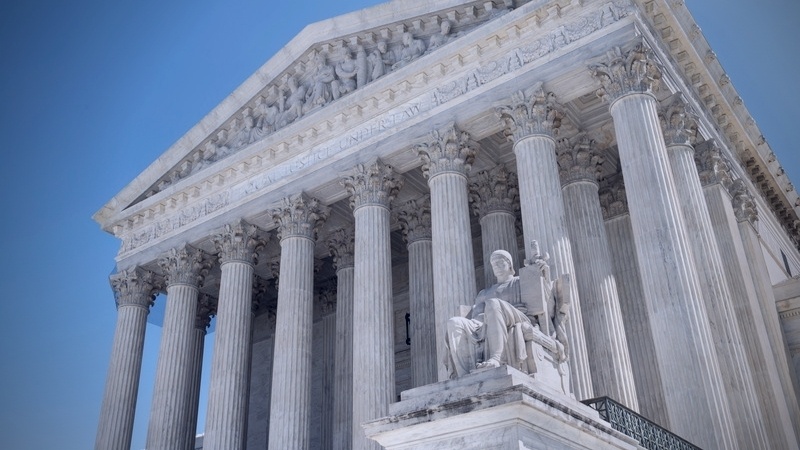
Earlier today, the Supreme Court ruled that the admissions programs at Harvard College and the University of North Carolina violate the Equal Protection Clause of the 14th Amendment, effectively ending affirmative action for college admissions in the United States. The UNC case was a 6-3 ruling; the Harvard case was a 6-2 ruling, due to the recusal of Justice Ketanji Brown Jackson. As a result of this ruling, educational institutions will no longer be permitted to consider race and ethnicity in the admissions process.
Statement from Michigan College Access Network Executive Director Ryan Fewins-Bliss:
“Today’s Supreme Court decision striking down race-conscious admissions creates an additional barrier to achieving equitable college access and success across the country. This setback will exacerbate the existing inequities that lead to an underrepresentation of Black, Latino and Indigenous students enrolling in and completing postsecondary education.
“In Michigan, we have firsthand experience with the impact of 2006 legislation banning consideration of race, color, sex or religion at our state’s public educational institutions. At the University of Michigan, enrollment for Black students declined from 7% in 2006 to just under 4% in 2021. In that same time frame, the percent of Black, college-aged Michigan residents increased from 16% to 19%.
“According to a recent study from Georgetown University Center on Education and the Workforce (CEW), the end of race-conscious admissions will have significant short- and long-term impacts for diversity on campus and in the workforce. At schools without open enrollment, which includes all of Michigan’s 4-year institutions, diversity of the student body will decrease, resulting in less diversity in a range of career fields. CEW also expects that the decision will lead to a decline in degree attainment among students from underrepresented racial and ethnic groups, because they will enroll at less-selective institutions that often have fewer student support resources and lower completion rates.
“Our commitment to expanding postsecondary access and success has never been more critical. In Michigan, 62% of White students and 88% of Asian students enroll in college within 12 months after high school graduation, while just 49% of Hispanic students and 46% of Black students do the same. Of those who enroll, only 42.5% of Black students and 50.8% of Latino students achieve at least 24 college credits within 16 months, compared to 66.4% of White students*. The six-year completion rates at Michigan's public universities vary widely by race, with Black students (57.4%) and Indigenous students (64.3%) lagging far behind Asian (86%), White (80.7%) and Hispanic/Latino (72.5%) students.
“MCAN will continue to work at the federal and state levels to reduce barriers to postsecondary education for all students, especially students of color, first-generation college-going students and low-income students. By creating systems-level change around postsecondary attainment, we can continue our momentum toward Sixty by 30, help to build a brighter long-term future for Michigan residents and enhance our state economy.”
*Note that this data point was updated on June 29 and previously stated, "Of those who enroll, only 36.5% of Black students and 45.8% of Latino students achieve at least 24 college credits within 16 months, compared to 62.6% of White students."
Earlier today, the Supreme Court ruled that the admissions programs at Harvard College and the University of North Carolina violate the Equal Protection Clause of the 14th Amendment, effectively ending affirmative action.